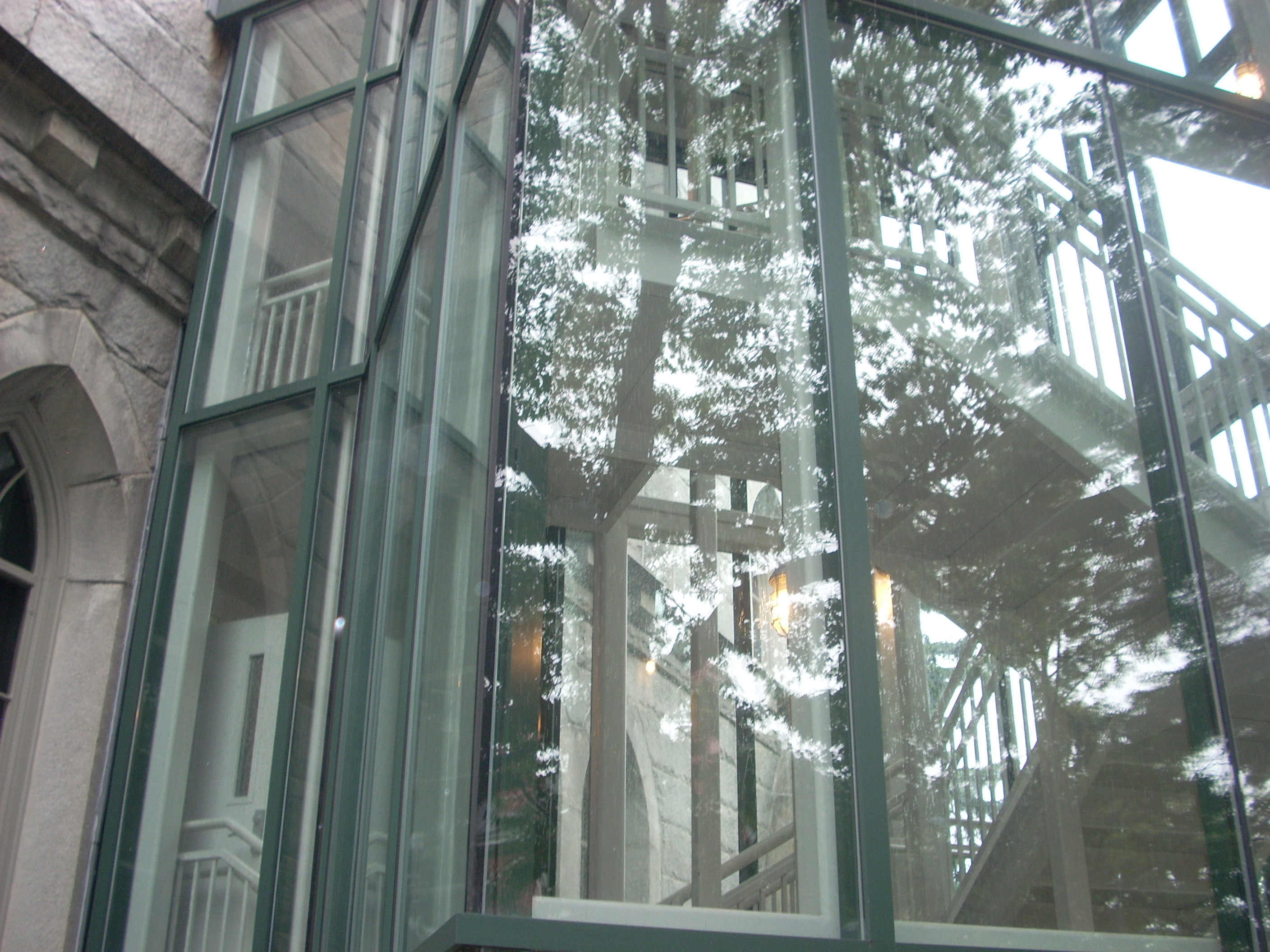
As Luft notes, these appropriate protective devices protect us, but also block the growth in self-understanding that can come with more timely and carefully presented Quad Two material:
Sometime later the individual may, after considerable experience and growth, look back and recognize the earlier attack-and-denial as the first intimation of new awareness [Quad Two moves from blind to opaque]. More often, defenses around the troubled feelings become tighter and the emotional issue buried still deeper [Quad Two remains blind]; another reason for sensitivity and skill in conducting such groups.
Luft also identifies the powerful protective devices that are available in the group:
The protective resources in the group are considerable. Members witnessing forced disclosure may come to the aid of the victim. Observations of behavior in Q2 as alleged may be challenged by others. If the observations happen to be accurate they may turn on the attacker, challenging his motives. They may raise questions about his lack of sensibility or his poor judgment. The group may work to improve the level of trust by opening basic group issues. The attacking incident itself is examined in the perspective of ongoing group processes.
This protective aspect of psychological rape is often overlooked by those who use the Johari Window in human relations workshops. As proponents of the British School note, the group can be a destructive force that leads to collusion by all group members in setting the stage for a psychological rape of one member. Alternatively, the group can be a constructive force—as Luft suggests—that provides protection for a group member until such time as this member is ready to receive the feedback. It is very appropriate to set group norms and for the group facilitator to play an active role in installing and reinforcing these fundamental norms of protection from psychological rape.







